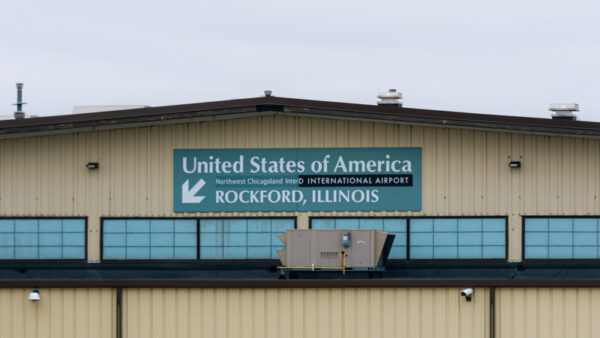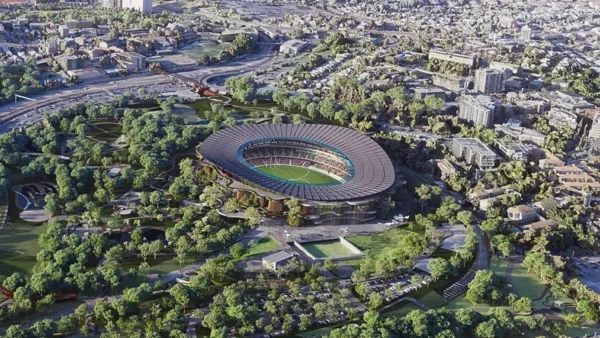An unprecedented $245m is set to be spent on the airports of Madagascar, one of the poorest countries in the world.
The funding is to be arranged by the Emerging Africa Infrastructure Fund (EAIF), a public-private development organisation, and will be spent on the upgrade and expansion of airports in the capital of Antananarivo, in the centre of the country, and the island of Nosy Be in the north.
The bulk of the money will come from the World Bank, the Proparco Development Bank of South Africa, and the OPEC Fund for International Development.
Passenger handling capacity will more than double at Ivato Airport, which serves Antananarivo. Its runway will be reinforced and resurfaced to allow it to handle wide-bodied aircraft and a 17,500 sq m international terminal will be built with an initial capacity of 1.5 million passengers.
The second scheme will increase the capacity of Fascene Airport at Nosy Be, one of the country’s main tourism destinations, to 500,000 passengers a year.
The work will be carried out by Ravinala Airports, a special purpose company formed by Groupe ADP (formerly Aéroports de Paris), Bouygues, Colas and French investment group Meridiam Africa.
Ravinala has been managing the airports since December as part of Madagascar’s economic reforms programme, and will continue for the next 28 years.
David White, the chairman of the EAIF, commented: “Efficient and modern airports are one of the foundation elements of progress. They are significant employers in their own right and catalysts for growth in almost every sector of an economy. In Ravinala Airports we have a highly skilled, globally experienced and strongly motivated private sector airport operator. This is very good news for Madagascar.”
Hery Rajaonarimampianina, the president of the Malagasy Republic, said: “Any international airports are the symbol of the connection to the world. The work will reflect the modern, dynamic and friendly image of Madagascar.”
The EAIF, which is itself providing $30m over 16 years, is a member of the Private Infrastructure Development Group. Seven governments and the World Bank contribute funds to PIDG. In the case of EAIF, support comes from the governments of the UK, The Netherlands, Sweden and Switzerland, as well as private sector banks, the German development finance institution, KfW, and its Dutch equivalent, FMO.
Madagascar has a nominal per capita GDP of about $390 in 2016, making it the fifth poorest country in the world. According to the African Business Review, the project is expected to contribute $71.5 million in taxes to the Madagascan government.
Image: Ivato is the island’s largest airport (Panoramio)






